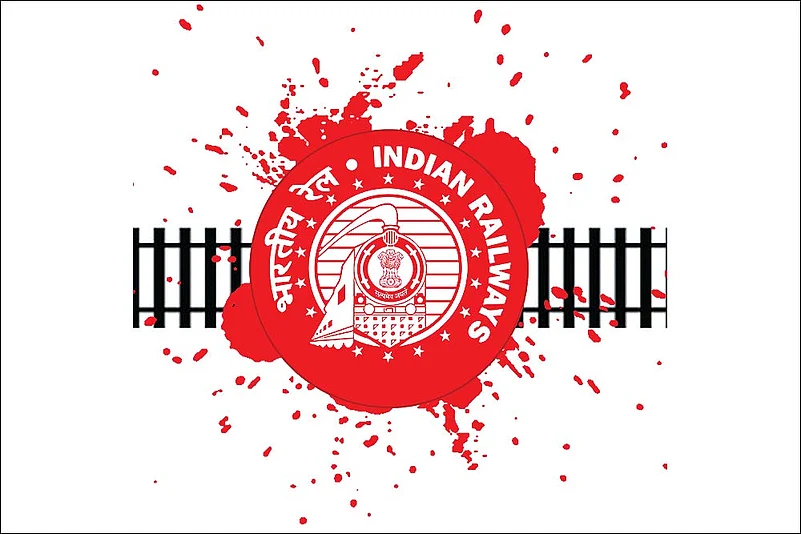The Indian Railways is a symbol of everything that is wrong with this country’s administrative apparatus. It is a colonial relic, established by the British to suck resources out of this country, thereby creating and institutionalising class (one, two and three) and caste (only Dalit manual scavengers were employed to clean the toilets and the tracks at railway stations). And the saloons, the bungalows, the peons, the drivers, the orderlies, hospitals and schools and pretty much everybody else and everything else were meant only for the Sahibs—the Board Members, the General Managers, the Divisional Managers and all the lesser babus who wore a black coat and a tie in the sweltering heat. Nothing else mattered but the comfort of the managers, who were never held responsible for the deaths of hundreds of passengers and loss of revenue worth hundreds of crores.
I don’t grudge their pay, perks and prestige, just that they need to earn it. They cannot carry human beings like cattle in Mumbai suburban trains and then shut the services entirely like they did at 12.30 pm on Tuesday because 30 cm of rainfall caused the tracks to be flooded. Well, this could have been treated as a cruel joke had it not been for the crueller deaths they cause elsewhere: 586 rail accidents in the last five years (308 due to derailment) that killed 348 passengers. Why shouldn’t these great managers be arrested under section 299 of the Indian Penal Code for culpable homicide not amounting to murder?
In the latest derailment that caused the death of 22 passengers, a section of the track was removed for repair without informing incoming trains. Does not this action by officials, from the permanent way inspector to the Board member concerned, amount to section 299: “Whoever causes death by doing an act with the intention of causing death or with the knowledge that he is likely by such an act to cause deaths, commits the offence of culpable homicide.”
Anybody with or without an engineering degree or even basic education ought to know that by removing a piece of the track and not informing the engine driver or not stopping incoming trains is going to cause death by derailment. So, the official was actually causing death by doing an act “with the knowledge that he is likely by such an act to cause deaths”. If our government values the lives of our citizens, these railway officials should be booked and prosecuted under IPC 299. Indian Railways’ bureaucracy is bloated, and its losses are huge, but its technology is very basic. Most big accidents can be averted by simple, rudimentary inspection and maintenance. But when people overshoot faulty signals on shaky bridges or forget to replace pieces of track in time, they blame it on mysterious super cyclones, ISI attacks, sabotage and even the evil influence of Saturn (yes, one chairman, Railway Board, actually told a few of us about 15 years ago in an informal briefing that the recurrent accidents were because of malevolent Saturn or Rahu).
For the first time ever, the government has sent the chairman, the member and other officials home after the Khatauli accident. This is a good beginning. Finally, the message has gone that death is serious and anybody causing death has to answer it with his or her own life and career. Ashwani Lohani, the new chairman, is a turnaround specialist with a proven track record. Here is an opportunity for him to turn his own home department around. Hope he looks closely at section 299 of IPC.


























